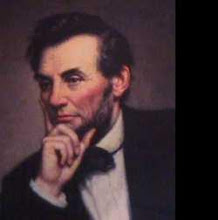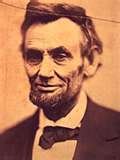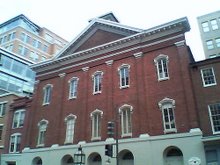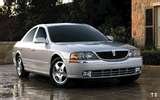
After all, Lincoln was a veteran of two wars. He was Captain of Volunteers in the Black-Hawk War for thirty days, then re-enlisted two more times in other units.
In the Civil War, he was Commander-in-Chief of the Army of the Republic, and the only president to come under fire in active battle at Fort Stevens.
He was so fond of visiting the soldiers' home that a kidnapping plot was designed to take place there. When it failed to materialize, Lincoln became one of the final casualties of the Civil War at Ford's Theatre.
The Gettysburg Address, his most famous speech, was as much about the common soldier as it was about the Nation's destiny.
Lincoln once said: "This extraordinary war in which we are engaged falls heavily upon all classes of people, but the most heavily upon the soldier. For it has been said, all that a man hath will he give for his life; and while all contribute of their substance the soldier puts his life at stake, and often yields it up in his country’s cause. The highest merit, then, is due to the soldier."
So if you're planning to visit the war memorials in Washington on November 11th, don't forget to stop by the Lincoln Memorial and say hi to an old veteran.












1 comment:
Lincoln had an eerie bond with his fighting men. Apparently, some kind of magical atomsphere existed when he reviewed troops. The men could tell how much Lincoln valued them and how he trembled for them and the danger they faced.
Post a Comment